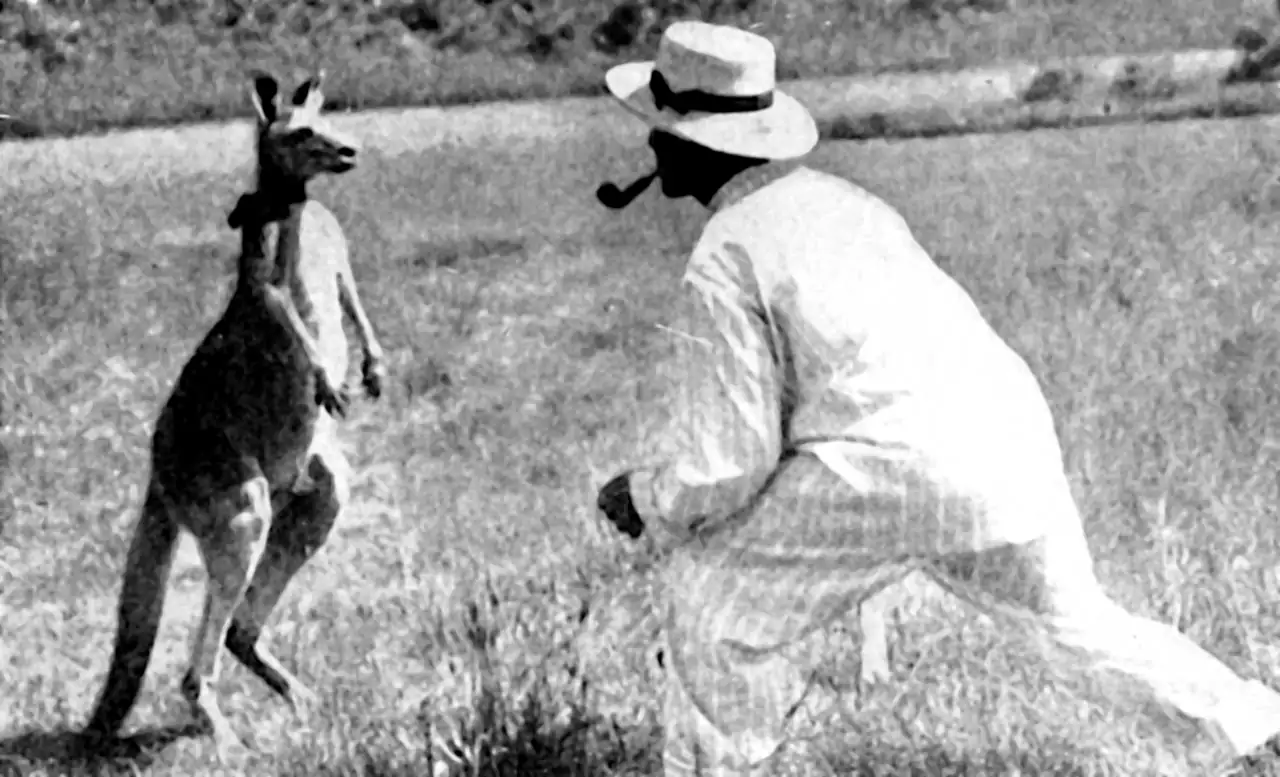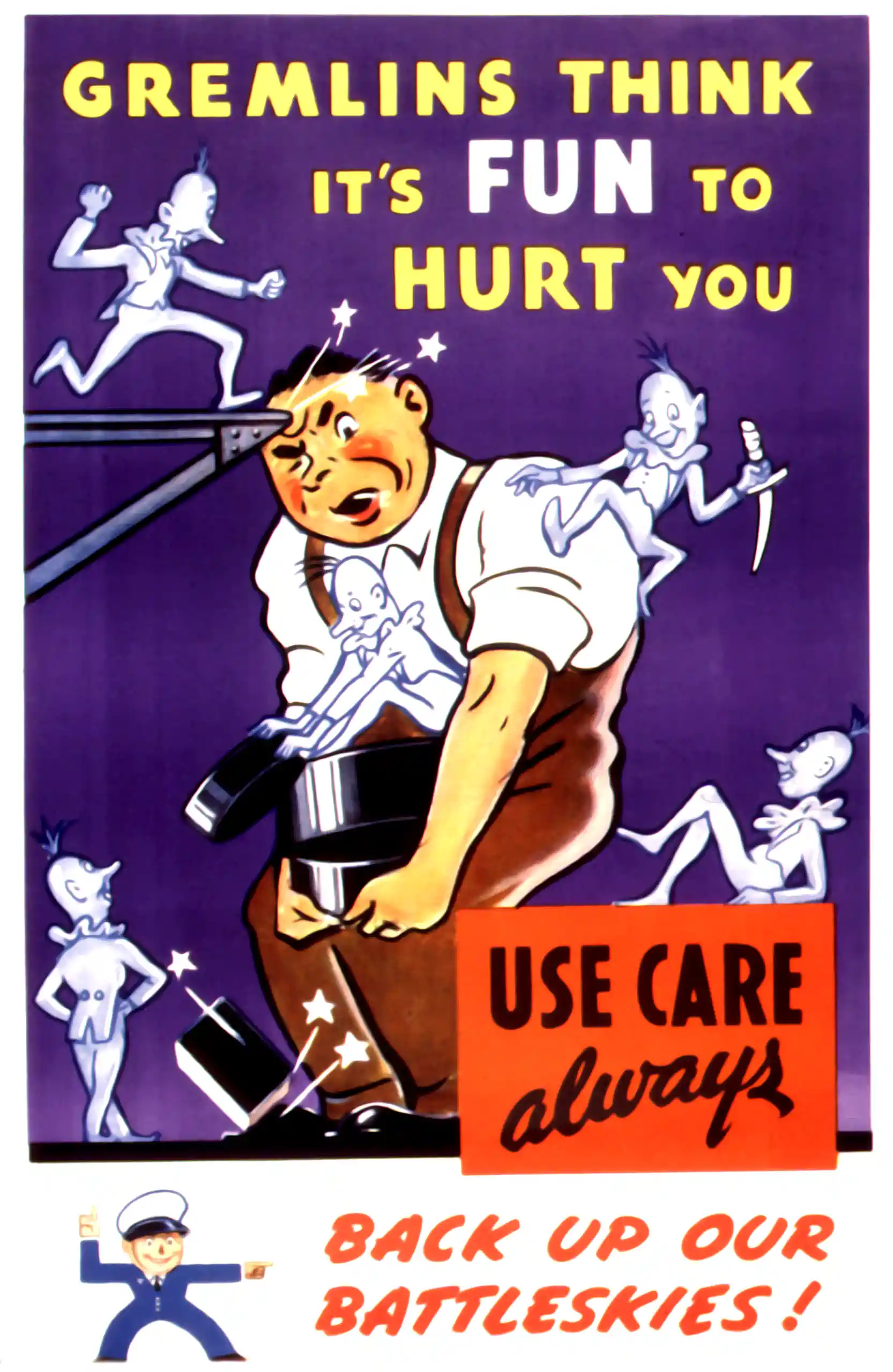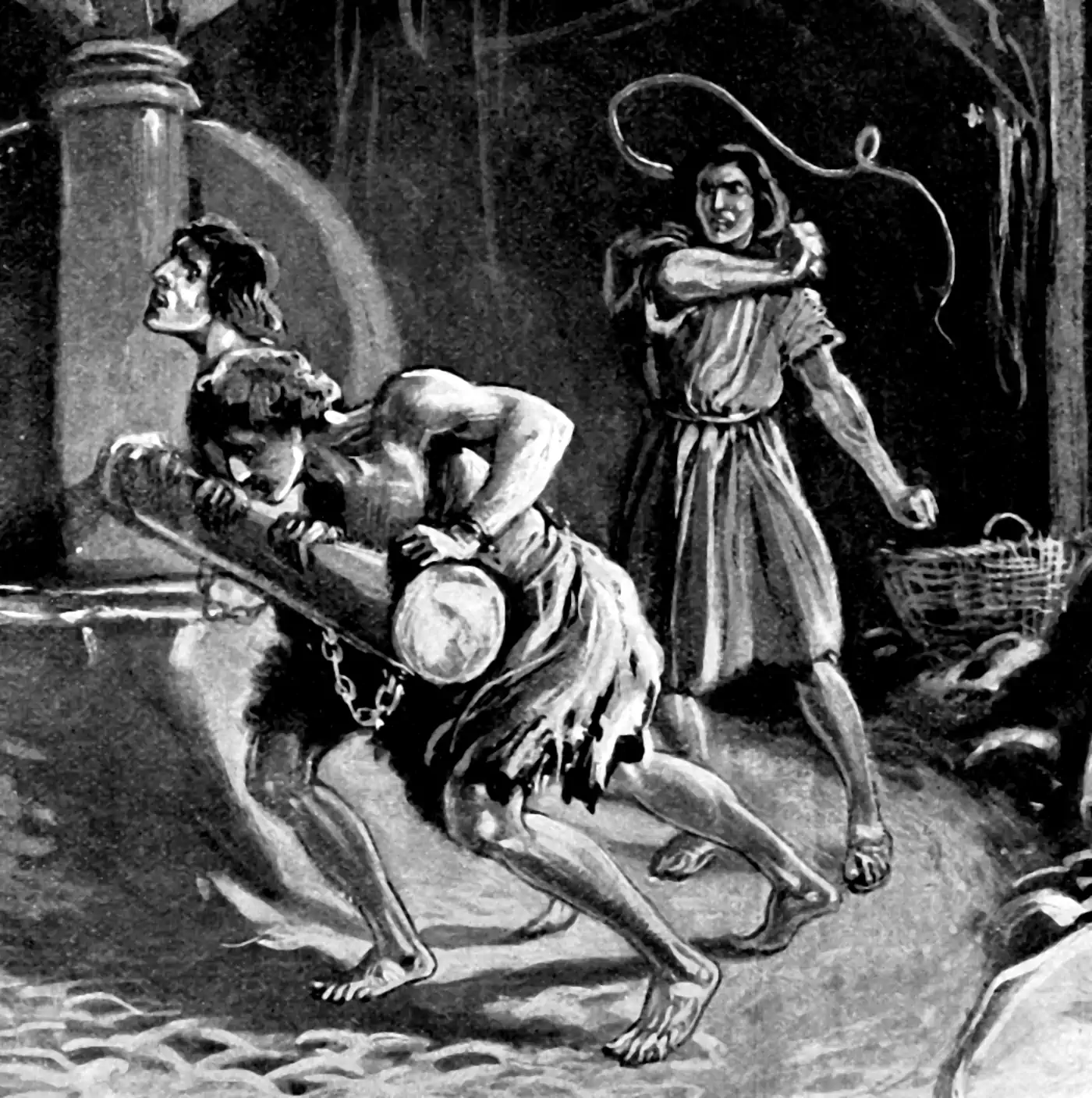Abernethy, Agarwal, Bartlett, et al. 2009.
“A Stochastic View of Optimal Regret Through Minimax Duality.” arXiv:0903.5328 [Cs, Stat].
Abernethy, Bartlett, and Hazan. 2011. “Blackwell Approachability and No-Regret Learning Are Equivalent.” In.
Arjovsky, Chintala, and Bottou. 2017.
“Wasserstein Generative Adversarial Networks.” In
International Conference on Machine Learning.
Bora, Jalal, Price, et al. 2017.
“Compressed Sensing Using Generative Models.” In
International Conference on Machine Learning.
Gebhart, Schrater, and Hylton. 2019.
“Characterizing the Shape of Activation Space in Deep Neural Networks.” arXiv:1901.09496 [Cs, Stat].
Ghosh, Kulharia, Namboodiri, et al. 2017.
“Multi-Agent Diverse Generative Adversarial Networks.” arXiv:1704.02906 [Cs, Stat].
Goodfellow, Ian, Pouget-Abadie, Mirza, et al. 2014.
“Generative Adversarial Nets.” In
Advances in Neural Information Processing Systems 27. NIPS’14.
Goodfellow, Ian J., Shlens, and Szegedy. 2014.
“Explaining and Harnessing Adversarial Examples.” arXiv:1412.6572 [Cs, Stat].
Grünwald, Peter D. 2023.
“The e-Posterior.” Philosophical Transactions of the Royal Society A: Mathematical, Physical and Engineering Sciences.
Guo, Hong, Lin, et al. 2017.
“Relaxed Wasserstein with Applications to GANs.” arXiv:1705.07164 [Cs, Stat].
Ilyas, Engstrom, Santurkar, et al. 2019. “Adversarial Examples Are Not Bugs, They Are Features.” In Advances In Neural Information Processing Systems.
Jetchev, Bergmann, and Vollgraf. 2016.
“Texture Synthesis with Spatial Generative Adversarial Networks.” In
Advances in Neural Information Processing Systems 29.
Larsen, Sønderby, Larochelle, et al. 2015.
“Autoencoding Beyond Pixels Using a Learned Similarity Metric.” arXiv:1512.09300 [Cs, Stat].
Linial. 1994.
“Game-Theoretic Aspects of Computing.” In
Handbook of Game Theory with Economic Applications.
Ohsawa. 2021.
“Unbiased Self-Play.” arXiv:2106.03007 [Cs, Econ, Stat].
Poole, Alemi, Sohl-Dickstein, et al. 2016.
“Improved Generator Objectives for GANs.” In
Advances in Neural Information Processing Systems 29.
Raghunathan, Cherian, and Jha. 2019.
“Game Theoretic Optimization via Gradient-Based Nikaido-Isoda Function.” arXiv:1905.05927 [Cs, Math, Stat].
Rahman, Florez, Anandkumar, et al. 2022.
“Generative Adversarial Neural Operators.”
Ramdas, Grünwald, Vovk, et al. 2023.
“Game-Theoretic Statistics and Safe Anytime-Valid Inference.” Statistical Science.
Roth, Kilcher, and Hofmann. 2020.
“Adversarial Training Is a Form of Data-Dependent Operator Norm Regularization.” In
Advances in Neural Information Processing Systems.
Sato, Akiyama, and Farmer. 2002.
“Chaos in Learning a Simple Two-Person Game.” Proceedings of the National Academy of Sciences.
Tran, Ranganath, and Blei. 2017.
“Hierarchical Implicit Models and Likelihood-Free Variational Inference.” In
Advances in Neural Information Processing Systems 30.
Vervoort. 1996.
“Blackwell Games.” In
Statistics, Probability and Game Theory: Papers in Honor of David Blackwell.
Xing, Song, and Cheng. 2021.
“On the Generalization Properties of Adversarial Training.” In
Proceedings of The 24th International Conference on Artificial Intelligence and Statistics.
Yi, Hou, Sun, et al. 2021.
“Improved OOD Generalization via Adversarial Training and Pretraing.” In
Proceedings of the 38th International Conference on Machine Learning.


